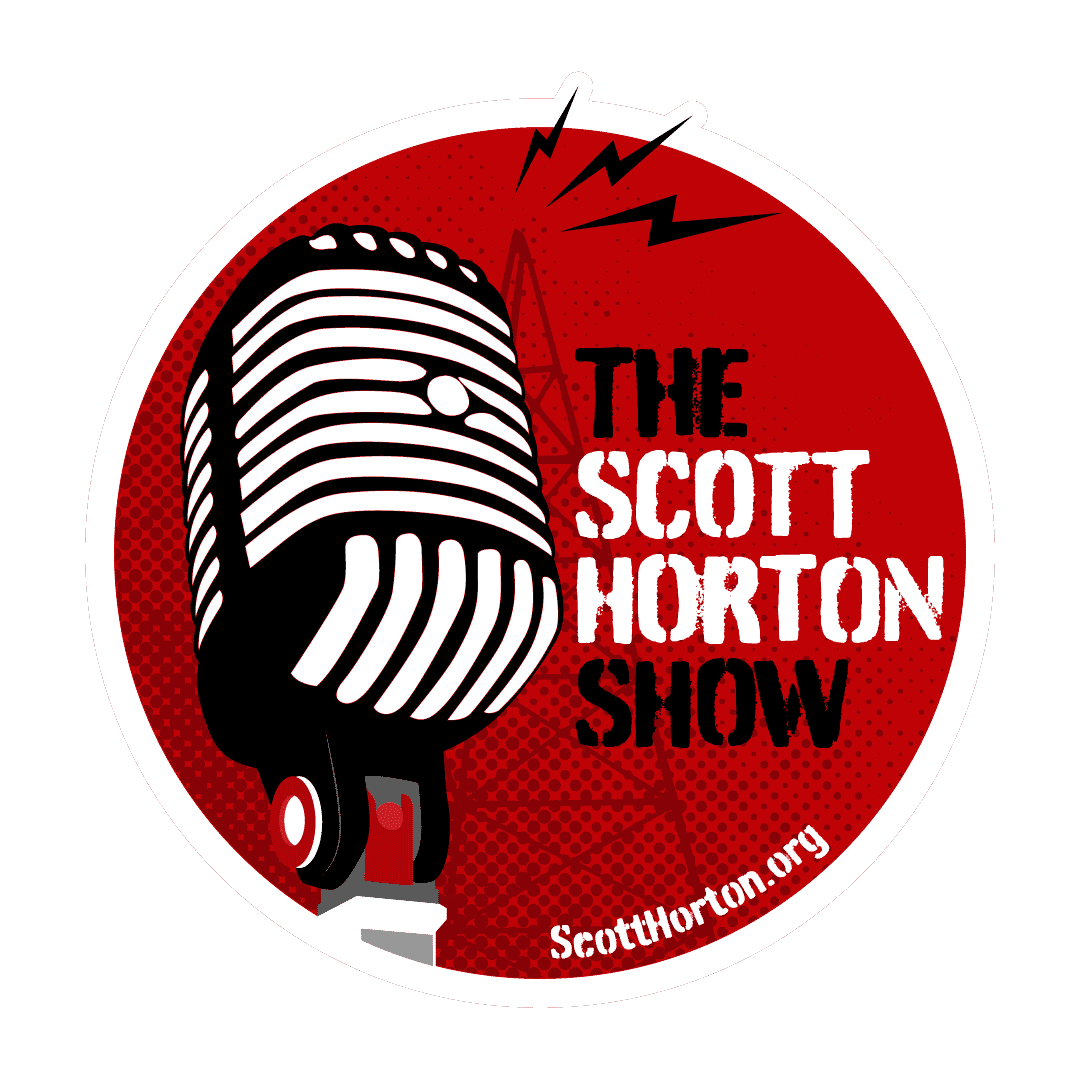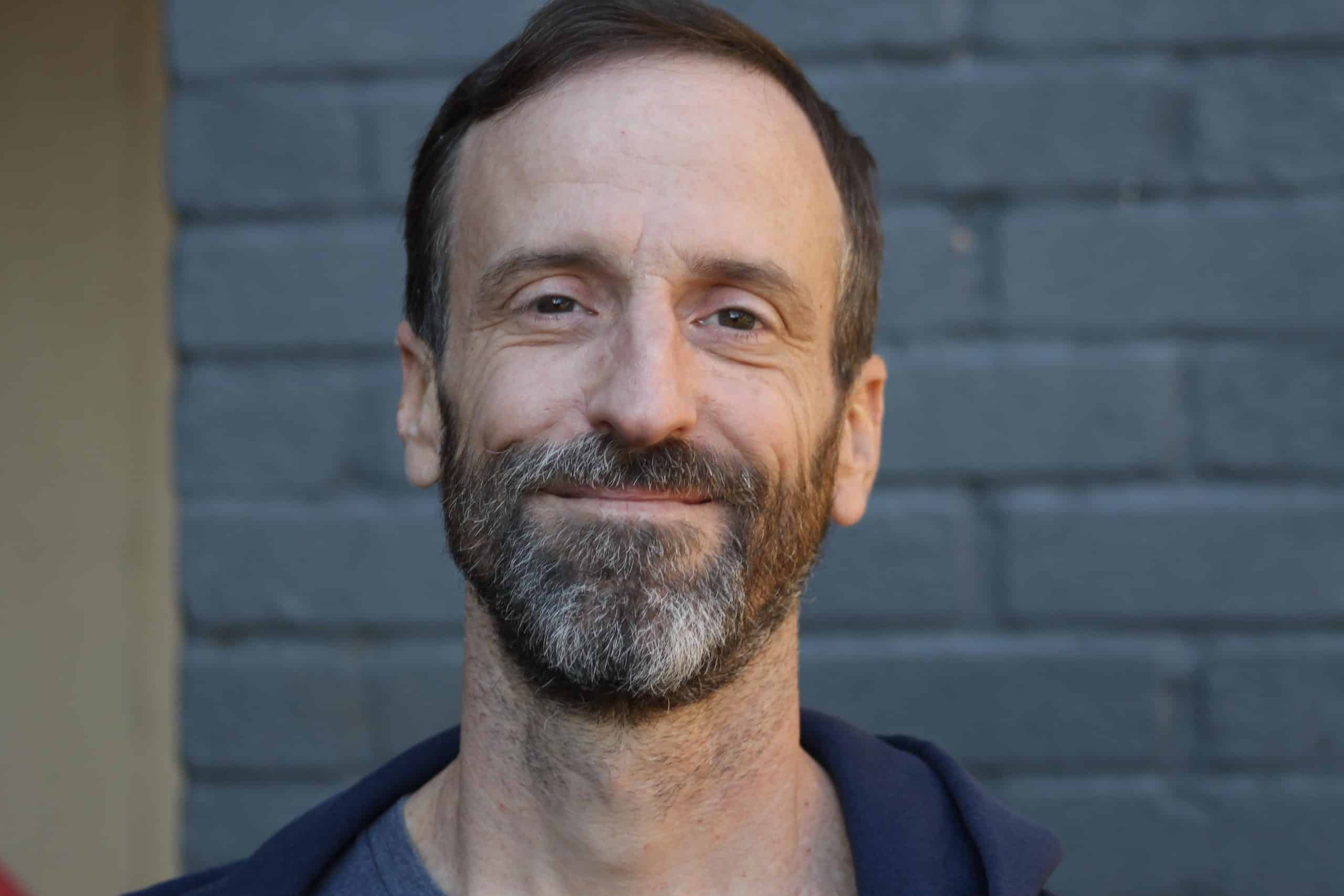Scott interviews Josiah Lippincott about the conventional narrative surrounding the bombing of Hiroshima and Nagasaki during World War II. The common argument, says Lippincott, is that the U.S. had no real choice but to drop the bombs, since the alternative would have been a ground invasion that ultimately would have cost many more lives. In reality, he explains, the Japanese had been willing to negotiate for months, but the American government, insisting on an unconditional surrender, wouldn’t concede Japan’s only demand, which was to let the emperor remain on the throne. Ironically, after the bombings, when Japan still didn’t look ready to surrender, General MacArthur decided to allow the Japanese surrender while keeping the emperor nominally at the head of his country. This of course raises the question: why couldn’t we have negotiated a peace long before dropping the bombs that claimed the lives of thousands of innocent Japanese citizens?
Discussed on the show:
- “Wholesale Slaughter of Japanese Civilians in WWII Was Evil” (The American Conservative)
- “75 Years Later, It’s Clear Truman Was Right To Drop The Atomic Bomb” (The Federalist)
- Hiroshima Nagasaki: The Real Story of the Atomic Bombings and Their Aftermath
- “China’s vast fleet is tipping the balance against U.S. in the Pacific” (Reuters)
- Day Of Deceit: The Truth About FDR and Pearl Harbor
- The Grand Strategy of the Byzantine Empire
This episode of the Scott Horton Show is sponsored by: NoDev NoOps NoIT, by Hussein Badakhchani; The War State, by Mike Swanson; WallStreetWindow.com; Tom Woods’ Liberty Classroom; ExpandDesigns.com/Scott; Listen and Think Audio; TheBumperSticker.com; and LibertyStickers.com.
Donate to the show through Patreon, PayPal, or Bitcoin: 1Ct2FmcGrAGX56RnDtN9HncYghXfvF2GAh.
Podcast (thescotthortonshow): Play in new window | Download





























